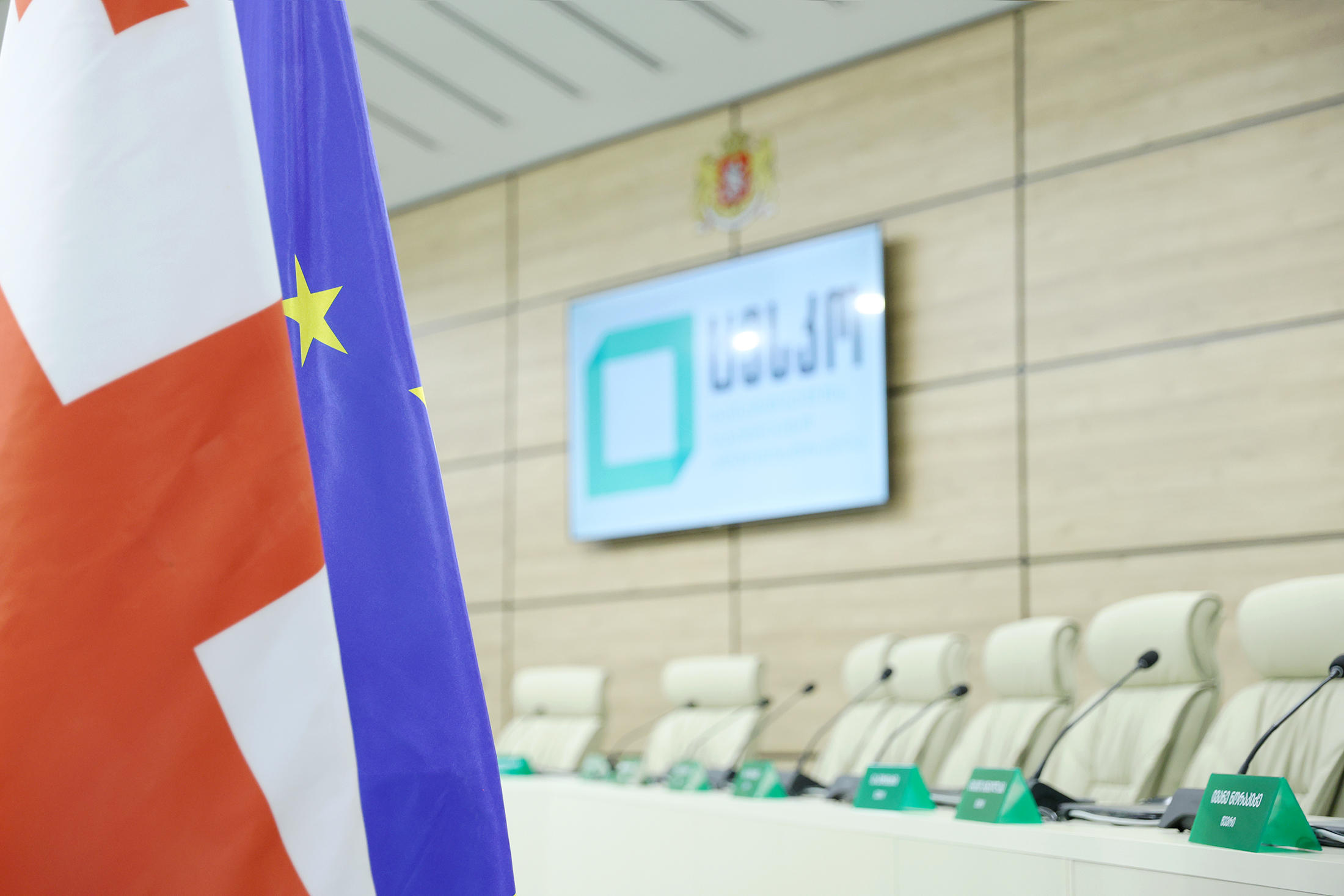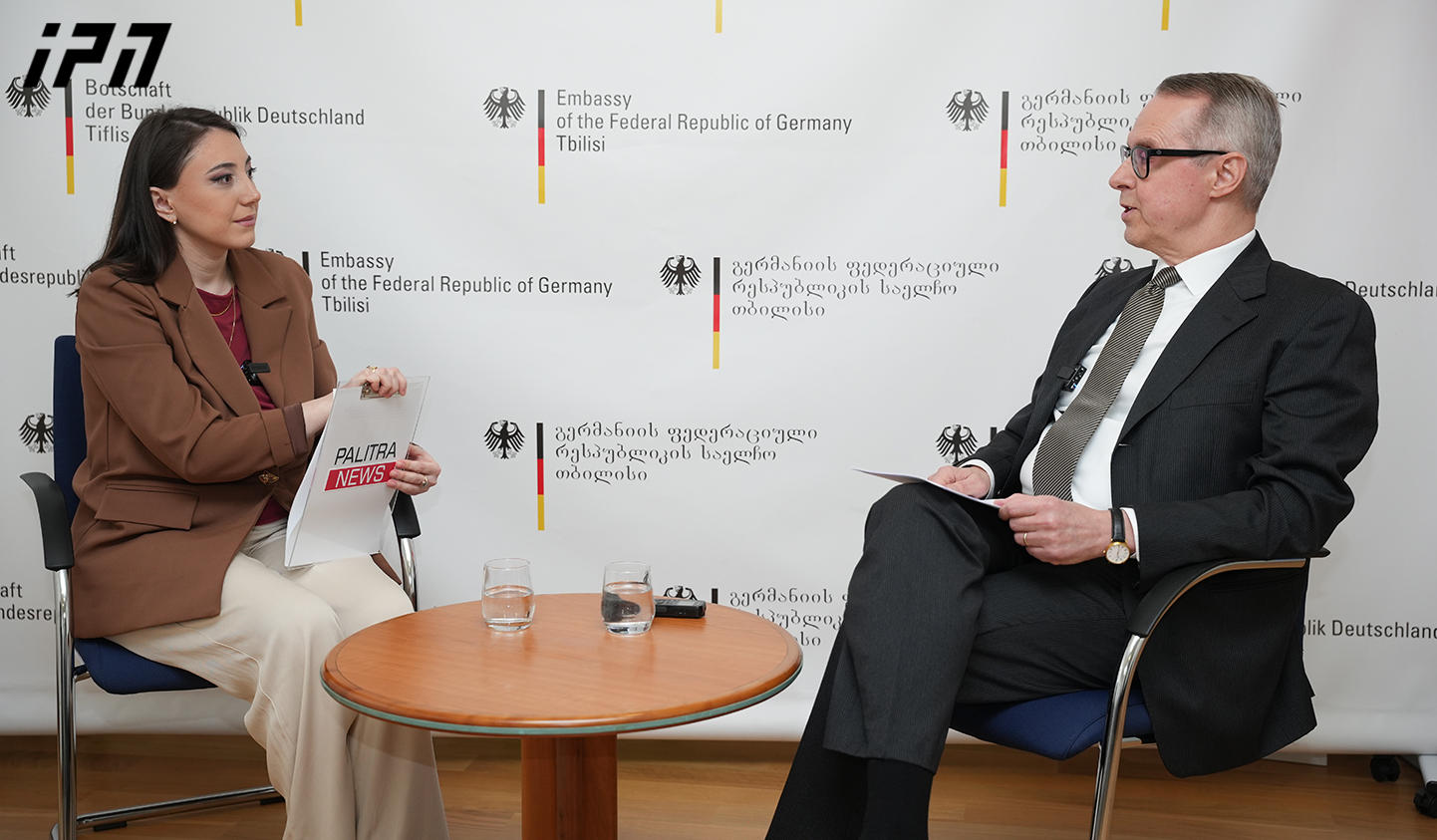By CEC decision, persons with the right to be present at the polling station on Election Day will no longer have the right to request voters to show their identity documents

According to the CEC resolution, a number of restrictions have been imposed on persons entitled to be present at the polling station on Election Day, including the new requirement that it will be inadmissible to demand or take away a voter’s identity document.
The CEC issues a special statement regarding the decision. According to the election administration, the CEC has clarified the voting procedures in order to protect voters’ personal data and choices from disclosure and does not restrict any rights provided for by the Election Code.
“With five months remaining until the municipal elections, the election administration continues its efforts to ensure their organization at a high professional standard.
To this end, several procedures are outlined in the relevant legal act. Specifically, when voting is conducted using electronic technologies, individuals with the right to be present at the polling station are prohibited, except in cases specified by the Election Code and the decree, from:
- a) Physically obstructing voters' movement within the polling station;
b)Requesting or confiscating a voter's identity document;
- c) Photo-video recording or otherwise processing a voter's identity document, voter’s data displayed on the voter verification device, the printed verification receipt of the voter, or the voter's ballot selection.
It is important to note that the Election Code has consistently prohibited the processing and/or disclosure of voters' personal data, as evidenced by the provision of two versions of voter lists under the law:
One, a public version of the list, which is issued to all interested authorized parties, and the second, a version intended for the Election Commission - the lists loaded into the verification machines, including all personal data of voters. The latter version does not constitute public information and, accordingly, its copying or other processing was previously also prohibited by law.
The rights of observers are also fully spelled out in Article 41 of the Election Code, and none of these rights have been or could be restricted by the CEC decree. The CEC only clarified the voting procedures in order to protect voters' personal data and choices from disclosure.
It appears that critics of the aforementioned decree are either unfamiliar with the current legislative regulations or are intentionally misinterpreting them. Otherwise, it is difficult to justify the attempt to equate the high standard of protecting voters' personal data with a restriction on their ability to observe the registration process. Additionally, during the most recent elections, numerous incidents occurred related to the observation of election procedures, photography and videography, and violations of the law regarding the protection of voters' personal data.
It is evident that this is not a genuine concern for the fairness of the electoral process unfortunately, rather a deliberate strategy. Politically motivated individuals spread disinformation on social media, which is then amplified by certain biased NGOs and media outlets to discredit the election administration.
The election administration strictly adheres to all legal requirements and will continue to do so, ensuring that no one misleads voters or fosters manipulative perceptions regarding any aspect of the electoral process”, reads the statement.
